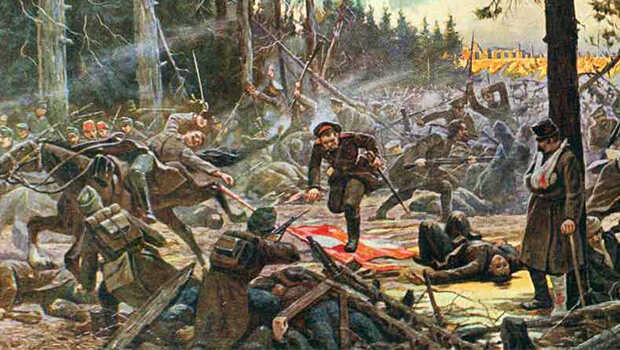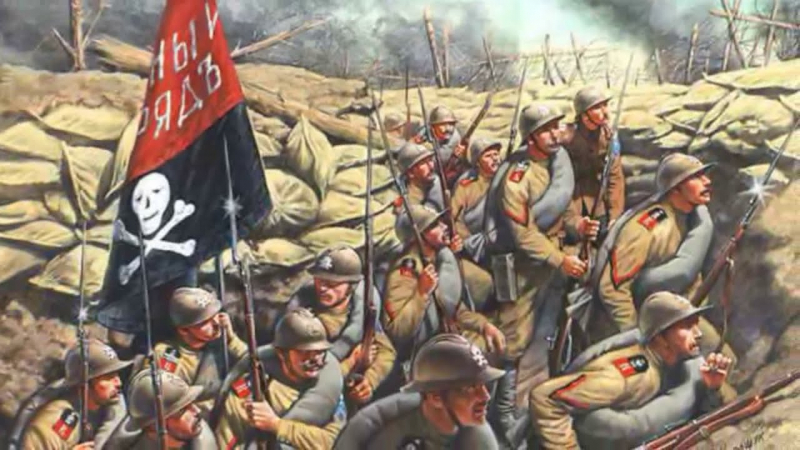Brusilov Offensive

The Russian Army had suffered a string of humiliating defeats in the first year of the war, but the Brusilov Offensive (4 June - 20 September 1916) would go down in history as the most successful Russian offensive, one of the most successful breakthrough operations, and one of the major battles of World War I.
The operation was named after the Russian general who conducted it, Aleksei Brusilov, and it employed tactics that would later prove successful on the Western Front. Brusilov exploited weak locations with a brief, fast artillery bombardment and shock troops, helping to restore the attack's element of surprise.
The offensive was timed to coincide with the British attack on the Somme and was part of a larger plan to alleviate pressure on the French at Verdun as well as the entire Western Front. The Russian onslaught also diverted Austro-Hungarian forces away from the Italian Front, increasing pressure on the Austro-Hungarian Army, which was already strained and demoralized.
In order to support its friend, Germany was forced to shift troops to the Eastern Front. This was part of an expanding pattern of Austria-increasing Hungary's reliance on Germany, putting a pressure on German resources.
Brusilov's feat was never duplicated by the Russians. It was their final major offensive of the war, and it resulted in general military and political weakness for both Russia and Austria-Hungary. The war sparked political and social discontent, resulting in revolution and the Russian Army's utter defeat.
When: 1916













